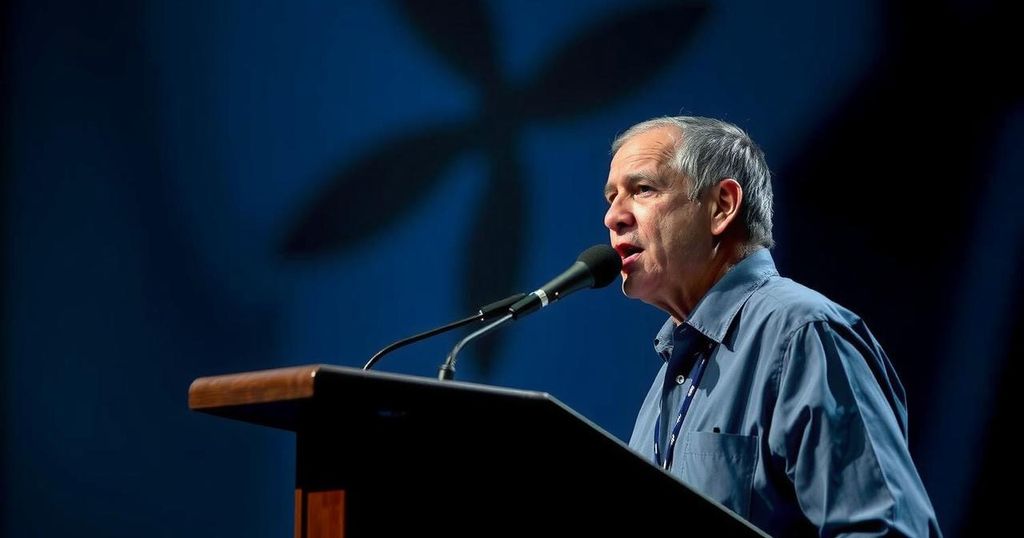Uruguay’s Presidential Runoff: A Tight Race Between Moderates

Uruguay is set for a presidential runoff election featuring Yamandu Orsi and Alvaro Delgado, with polls indicating a very close contest. The election reflects a uniquely moderate political environment in Uruguay, contrasting sharply with the polarization seen in its neighbors. Both candidates are vying to secure the support of unaligned voters as they leverage the backdrop of a robust economy amidst global trends of declining support for incumbents.
On Sunday, voters in Uruguay will participate in a closely monitored presidential runoff election between two moderates: opposition center-left candidate Yamandu Orsi and the continuity conservative representative, Alvaro Delgado. The latter enjoys support from his party and a coalition ally, making the contest potentially very tight, with polls suggesting fewer than 25,000 votes could differentiate the candidates. With a population of approximately 3.4 million, Uruguay is set to conclude a year of significant elections with this event, which features a relatively less charged political atmosphere compared to neighboring countries like Argentina and Brazil.
Uruguay, known for its progressive policies and stable society, is undergoing a pivotal election process that reflects broader regional trends. Unlike the polarized political landscapes witnessed in other South American nations, such as Argentina and Brazil, Uruguay’s political scene exhibits a degree of harmony between conservative and liberal parties. The outcome of this election is anticipated not only to impact the immediate future but also to test whether the country can resist the global trend of declining support for incumbent parties amid economic challenges, including inflation and rising living costs.
As Uruguay approaches this significant electoral moment, the contest between Yamandu Orsi and Alvaro Delgado exemplifies a struggle between progressive and conservative ideologies in a nation known for its political moderation. The results are likely to reflect the electorate’s response to economic conditions and their demand for stability versus change. Regardless of the election’s outcome, this race symbolizes Uruguay’s unique political landscape in a year marked by critical political events across the globe, shedding light on voter sentiment in a fluctuating economic context.
Original Source: www.ndtv.com






